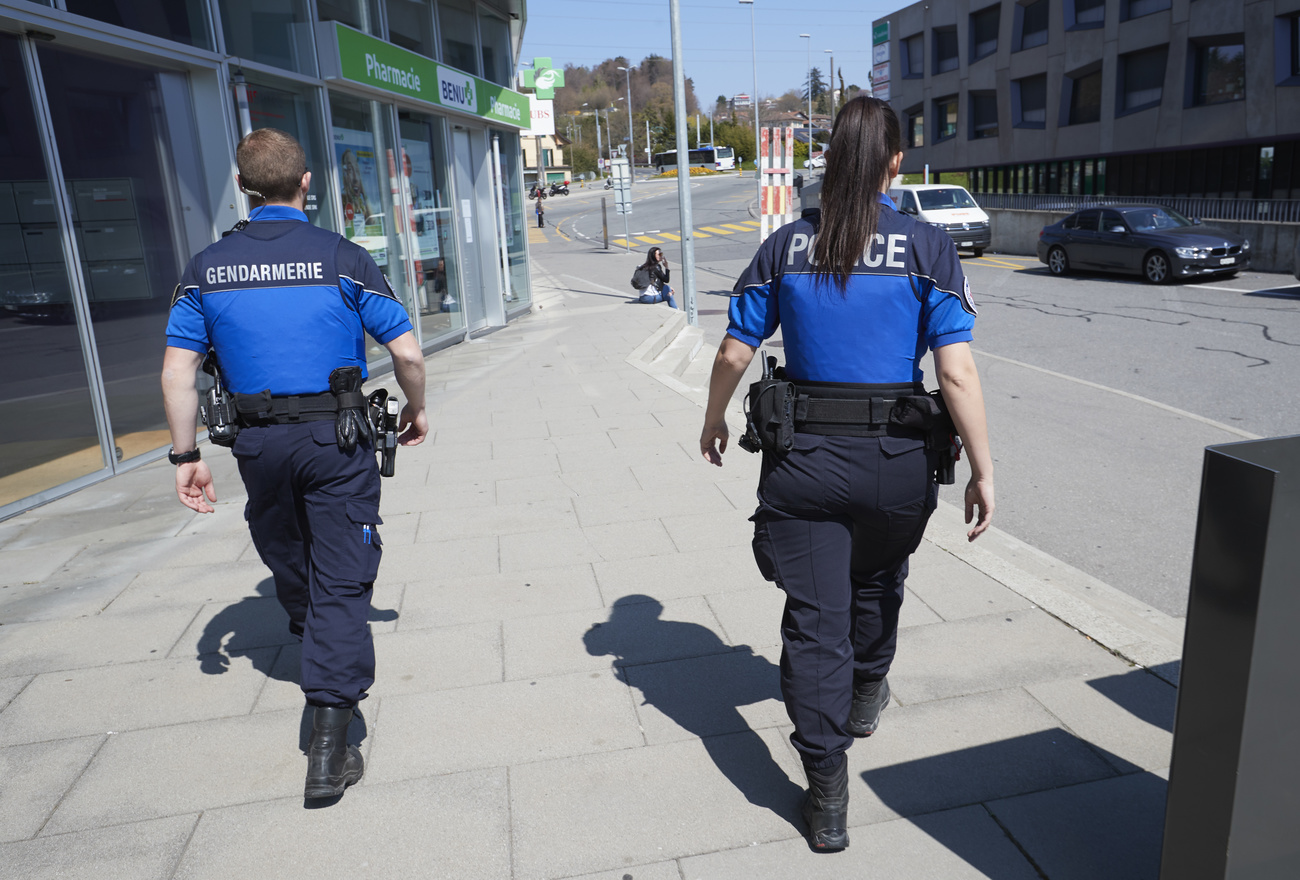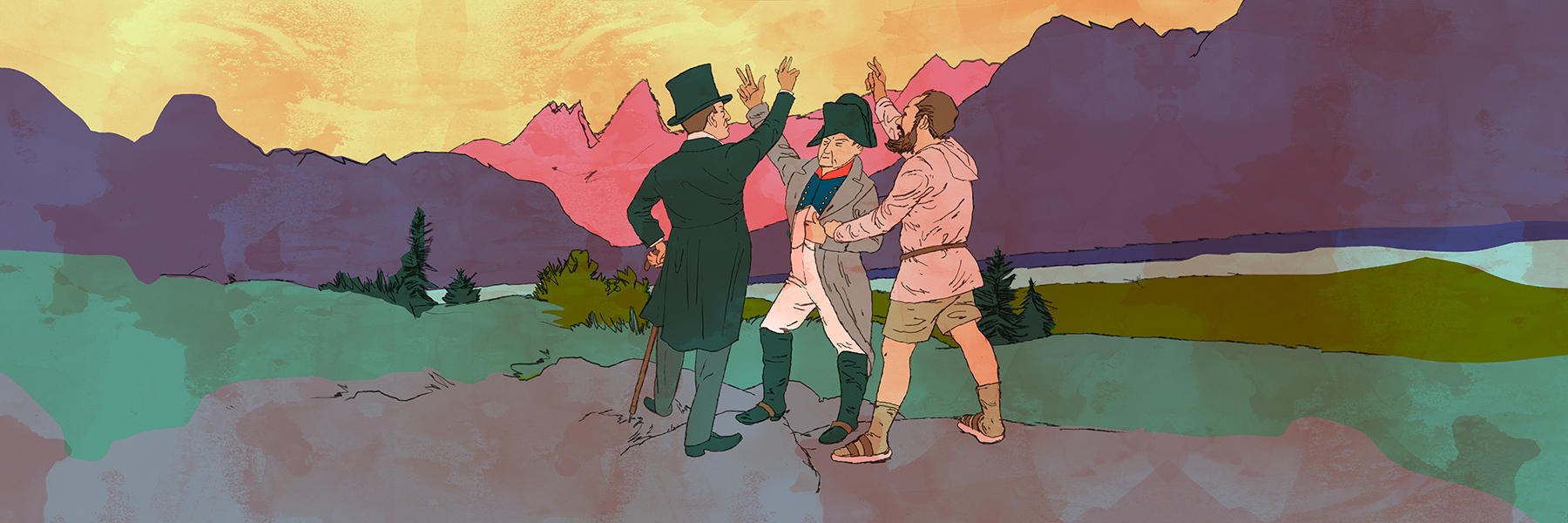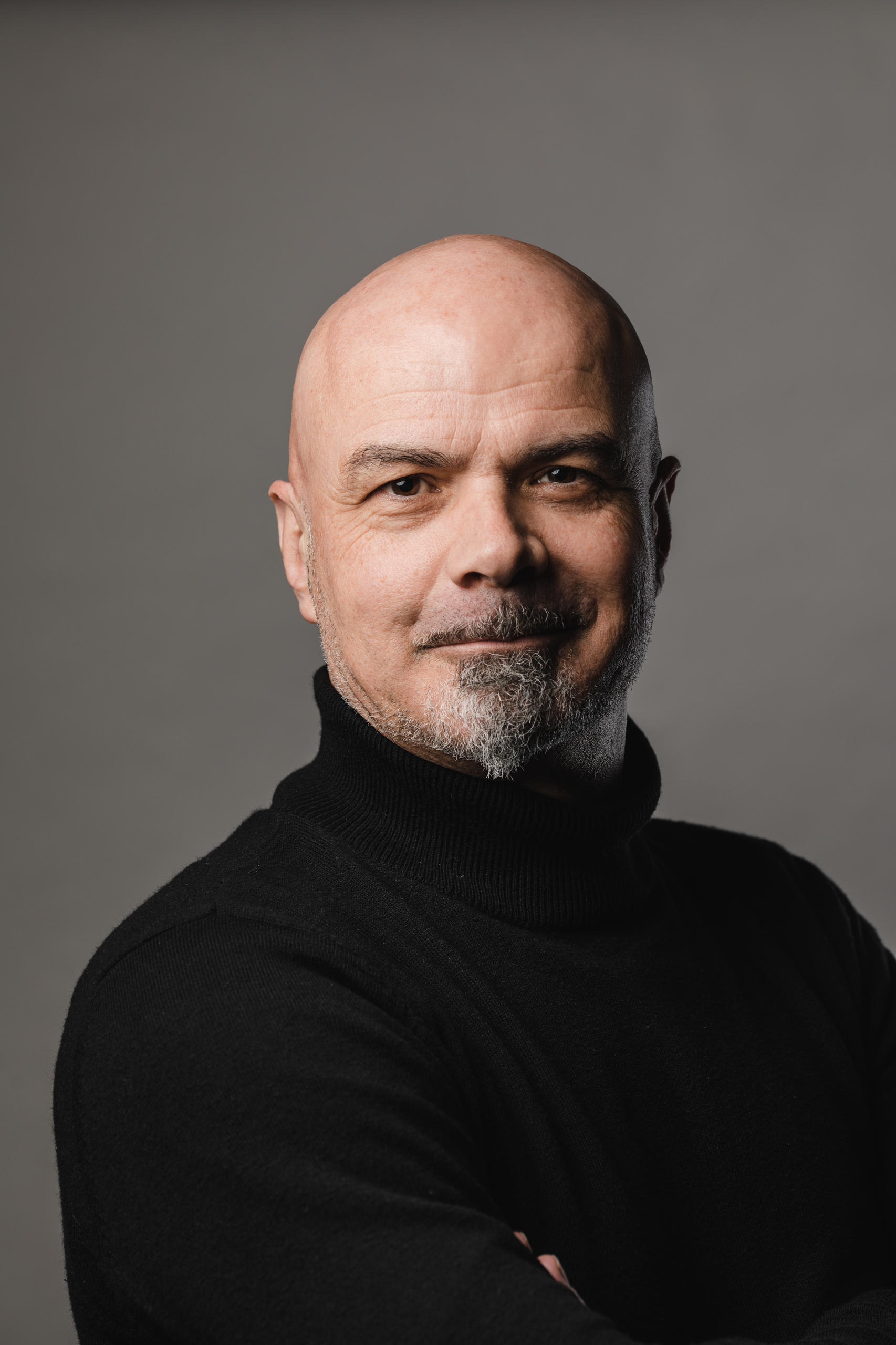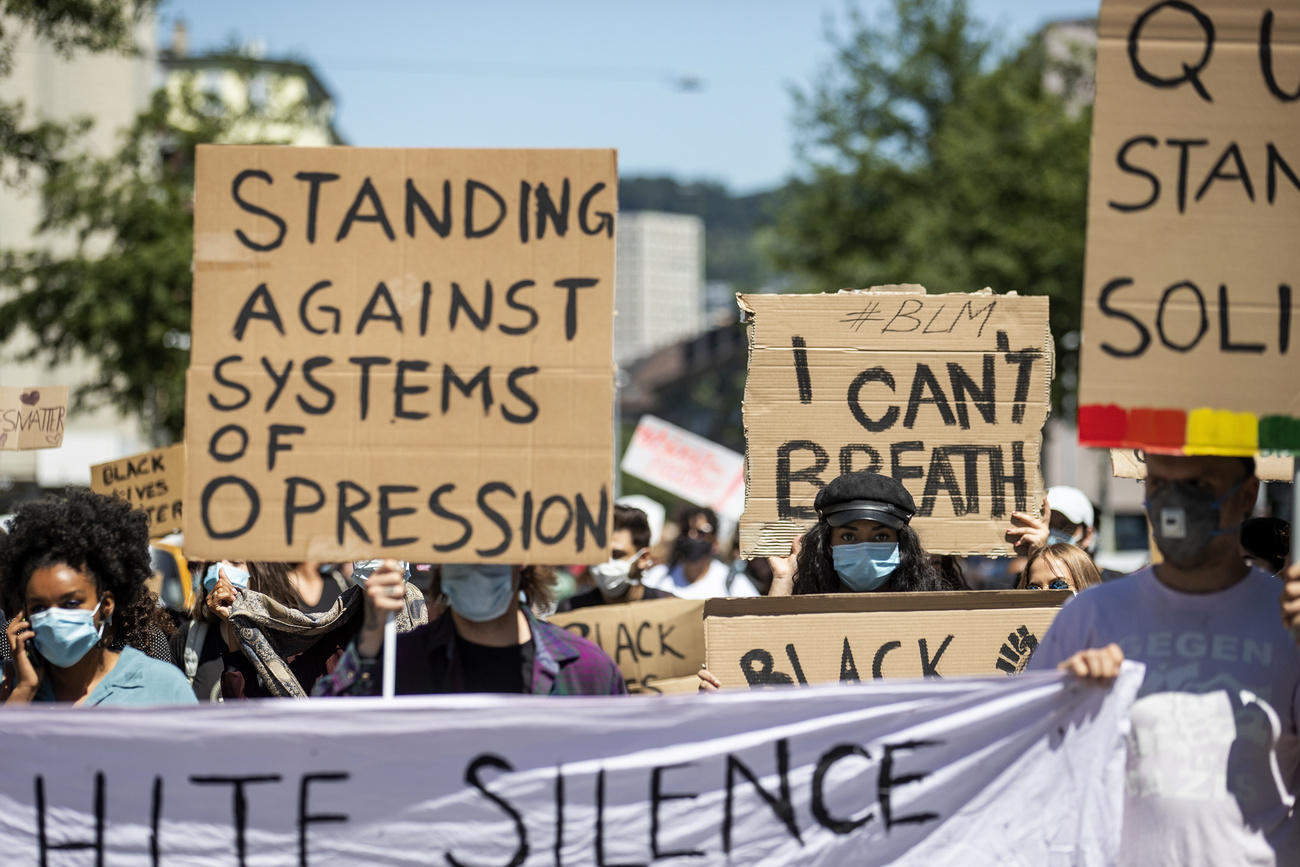
‘Efforts at police reform are being blocked’

Police researcher and consultant Frédéric Maillard says that while better training has reduced incidents of racial profiling and violence in Switzerland, what goes on behind closed doors is troubling and reforms are hard to implement.
Maillard spoke with swissinfo.ch about the state of the Swiss police force amid anti-racism protests and calls for law enforcement reform around the world.
swissinfo.ch: You wrote in 2015 that racial profiling and discrimination were a problem for the Swiss police force. Is that still the case? What are departments doing to address it? Is it being sufficiently addressed, in your opinion?
Frédéric Maillard: The amount of police violence and overt racial profiling has changed; there is much less of it. This is because training has greatly improved across the board. Although Switzerland has some 300 police forces working at different levels, it only has six training centres, overseen by a single organisation. There is a unified approach to training. Article 261 of the Swiss criminal code banning racial discrimination has also gone a long way towards reducing the number of racial profiling incidents and insults spoken in public.

More
How Switzerland became Switzerland: the main chapters of the country’s history up to 1848
But there is still a problem with racist and discriminatory remarks made by some police officers in the locker room, in meetings or in their squad cars, and sometimes also while making arrests. Part of the police force is very callous in this regard. Of course, they’re not going to say such insults in public when there are people watching and filming them. But recently, following the death of George Floyd in the US, I heard many accounts from police officers who told me that it’s awful what’s happening in police precincts when it comes to racist slurs. There are still police officers who say, ‘I may not be able to hit someone, but I can insult their race behind closed doors’. That’s not true, because Article 261 forbids it. But when they are among themselves, there are police officers who break that law.
For that reason, I believe it’s necessary to double the duration of police training from the current two years to four. This would bring a police officer’s education to the level required of healthcare or social workers. The extra education would introduce more self-reflection, social and behavioural training as well as knowledge of our political and judicial systems into the curriculum.

swissinfo.ch: What do you hear when you speak to police officers about their work? Do they feel that they can work effectively and justly? What are their main concerns?
F.M: A recent study by researcher Magdalena Burba – her doctoral thesis at the University of Lausanne – surveyed 700 police officers in French-speaking Switzerland and shows that the main cause of police dissatisfaction is the internal rigidity of their organisations. I have also found in my work that police officers’ frustrations and feelings of being unable to change their behaviour are very much linked to isolated, inflexible and hierarchical management structures. Police officers’ professional development, performance reviews and salaries depend on a rigid set of standards against which they are measured. So they abandon attempts at long-term mediation or conflict resolution in favour of direct, more forceful and more cost-effective interventions because those yield better statistics in the short-term.
swissinfo.ch: Are private citizens allowed to film police actions in Switzerland? And is there widespread use of bodycams to automatically capture what the police do on patrol?
F.M: Filming the police is allowed. We’ve been discussing the issue for four years, and there is currently no federal law on the issue, although one may come in the next year or two. But the directors of all the Swiss police forces agree that filming is allowed. There are, however, two exceptions: the filming may not interfere with police doing their work, and the footage may not be disseminated, especially if the police officers involved or the location are identifiable. But in general, citizens have the right to film the police and show the footage to a judge, for example.
Police officers can ask people to stop filming using the argument that it’s impeding their work, and this, of course, can be abused or controversial. It all comes down to technique, and that’s also why I feel that two years of police training are not enough.
There are some pilot projects happening with bodycams, but they are not used systematically. I am against their systematic use by ordinary police forces because I am afraid it will turn police officers into robots and reduce their ability to act with discretion and nuance, on a human level. This, above all, is the policing skill we need to develop. Also, strengthening layers of surveillance can create a sense of mistrust that might drive them to abuse their power more.

More
Is racism a problem in Switzerland? A look at the latest numbers
swissinfo.ch: What will it take to change entrenched attitudes and practices within the Swiss police force when it comes to race? Do international incidents like what is currently happening in the US influence conversations about how they are doing their jobs?
F.M: There are more and more young police officers, especially women, who want to change and who are confronting the problems that exist in the police force. I’ve also had many, many messages recently from members of the police who want to act in solidarity with anti-racism protesters, by kneeling or wearing a black band while out on patrol to show support.
But the police force itself is extremely conservative and reticent to change, in a way that’s similar to the military. Institutionally, the reaction is that everything is fine here, there’s no need for reform and there aren’t the same problems here as elsewhere.
I work with psychologists and sociologists who feel, like I do, that unfortunately it will take some sort of serious incident or event for something to change. We’ve had serious situations in Switzerland. Two people of African origin died in incidents involving police in Lausanne, but the investigations are not yet concluded, so we can’t definitively say it was police violence.
In general, police officers feel untouchable and rarely question themselves or their institution. They are not profit-driven or subject to free market competition, which is part of being a public service entity but does not help when seeking a change in mentality or managerial policy. The police have the law on their side as well as exclusive and exceptional operational powers that no other citizen or state agent has.
That’s why I believe it’s essential to establish countervailing powers such as an independent and external review body to monitor police practices.
swissinfo.ch: Does such a body currently exist?
Right now, there’s nothing like that. It’s all internal oversight. Even then, out of the 300 police forces that exist in Switzerland, only three have any sort of oversight body. For example, the Geneva police, in one of the most international regions of our country, has a review body. But it’s all internal, and I have taught 3,500 Geneva police officers and know that many of them were violent or posed problems.
There are certainly police officers who are very innovative, progressive and who want to change. But in general, efforts at reform are being blocked.
Switzerland has some 300 separate police forces at the cantonal, regional, municipal and federal levels, of which 80 are of significant size, according to Maillard. In this way, the police force is more similar to the stratified police system in the United States than to more unified forces in countries like Italy or France.
Training for all Swiss police forces is coordinated by the Swiss Police Institute in Neuchatel, which runs four training centres in German-speaking Switzerland and two in the French-speaking region.

In compliance with the JTI standards
More: SWI swissinfo.ch certified by the Journalism Trust Initiative




























You can find an overview of ongoing debates with our journalists here . Please join us!
If you want to start a conversation about a topic raised in this article or want to report factual errors, email us at english@swissinfo.ch.